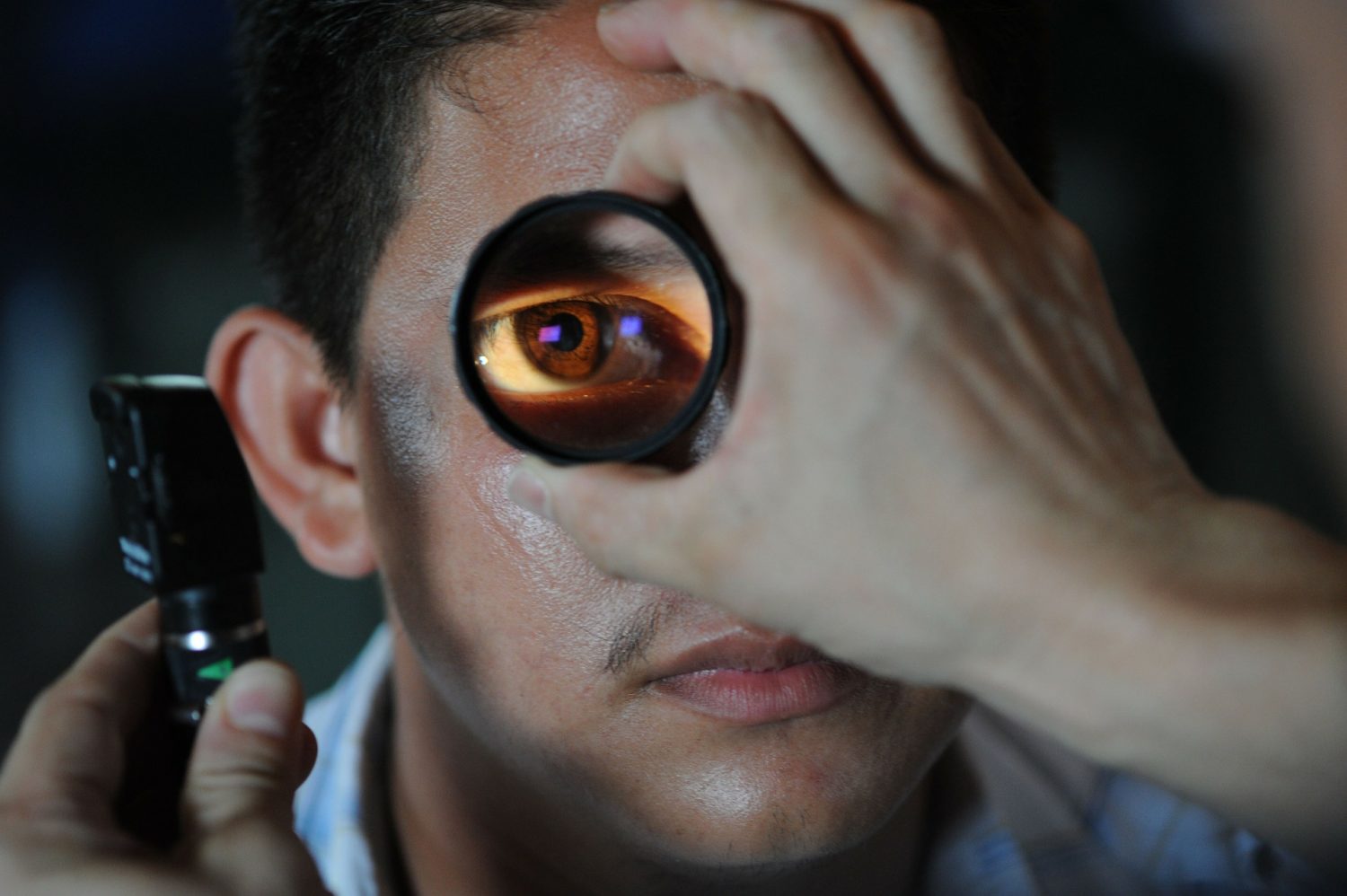There are many questions that all people interested in the subject of ophthalmology are looking for answers to . How long does it take to obtain a license to practice a profession? What is the scope of duties? And is there a great demand for doctors of this type? Ophthalmologyit is a very highly developed branch of science, which means that there is no shortage of people willing to explore it. To become an ophthalmologist, you must complete the relevant studies and go through all the steps for any other medical practitioner.
When you receive the right to perform your function, it is time to choose a specialization – then you should choose an ophthalmologist. The next step is to take part in the interview. If its result is positive, the participant is entered on a special ranking list and can wait for admission to a place where he could continue training in the direction of his choice. The waiting time depends on the number of people willing to participate in this particular specialization, but should not exceed a quarter.
- https://www.epheli.pl/pl/klimatyzacja-w-mieszkaniu-i-sklepie-czy-warto/
- https://www.epheli.pl/pl/jak-zorganizowac-polkolonie/
- https://www.cocarta.pl/kontenery-morskie/
OPHTHALMOLOGY : TIPS FOR POSTGRADUATE INTERNS
There are many interesting topics related to a topic such as ophthalmicspecialization. How long does this whole process take? What’s in the curriculum? These are just a few of the many questions that students of this faculty ask themselves. The actual situation is as follows:
- ophthalmology specialization is done for at least 5 years, but learning should not last longer than 7.5 years;
- ophthalmology is a field of study in which the program includes both courses aimed at broadening theoretical knowledge and internships – teaching professional practice;
- courses usually last from one to three days.
They remain on the subject of specialist courses, it is worth adding that during them students can listen to lectures given by professionals. During them, among others, issues such as:
- promoting a healthy lifestyle,
- diseases located on the inside of the eye,
- knowledge in the field of ophthalmic oncology,
- uveitis overview,
- neurookulistyka,
- refractive surgery,
- diagnosis and treatment of AIDS-induced eyes,
- general introduction to ophthalmic specialization,
- electrophysiology.
As can be seen from the information presented above, ophthalmology is not a simple direction at all. This is a specialization worth doing because of the keen interest in the subject. There are many internal directions when it comes to this field of study. What else is worth knowing about it?
OPHTHALMOLOGIST’S SPECIALIZATION – PRACTICAL INFORMATION
Each of the courses discussed above ends with a test that checks the amount of knowledge acquired during them. Ophthalmology Szczecin is a more demanding science than it may seem. It is also worth knowing that at all times when a student is doing an ophthalmic specialization, he or she is required to participate in training courses twice a month in units that are accredited to conduct specialization.
During the studies (for five years of specialization), numerous internships are organized. In the case of first-year students, the situation is as follows:
- internship at the ophthalmology clinic next to the hospital,
- practical training in a specialized ophthalmology department,
- practice in the histopathology laboratory,
- internship in a bacteriological laboratory,
- gaining experience in a radiology department,
- internship in the intensive care and emergency medicine department.
Individual internships last 5 months or 1 week. Taking part in them helps students verify their own preferences and make the right decision about their own future related to the topic of ophthalmology .
2ND YEAR OF SPECIALIZATION – WHAT IS WORTH KNOWING?
Each subsequent year of specialization in ophthalmology brings new challenges and new internships. Their duration varies depending on various factors. In the case of the second year, the situation is that students must complete a major:
-
-
- in a hospital eye clinic (lasting 5 months),
- in a specialized ophthalmology department (for months),
- in the ultrasound laboratory (for the next 4 months),
- in the angiography laboratory (3 weeks) and in electrophysiology (1 week).
-
This form of learning is highly appreciated, especially among medical students.
HOW DO YOU END UP DOING A SPECIALIZATION?
Specialization in ophthalmology ends with taking the State Specialist Examination and its opinion. The test consists of three stages in which the knowledge of doctors is checked and their competences are verified. In order to be eligible to pass to the next stages of the exam, you must pass the previous one. They are performed sequentially.
The first stage is a test consisting of 120 questions (single choice), then there is the practical knowledge stage and finally the final oral stage (which includes the need to answer at least 4 questions asked by the examiner).








